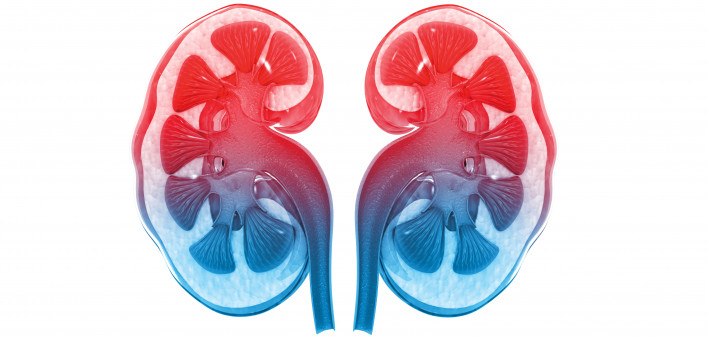People with HIV who receive kidney transplants from deceased HIV-positive donors have high long-term success rates and are not at apparent risk of superinfection, as the acquisition of a second, distinct strain of the virus is known. That is according to a study of 51 South Africans with HIV who received kidney transplants from such donors starting in 2008.
The HIV population has a higher rate of end-stage kidney disease because of harm caused by the virus as well as various other health conditions that often occur in this population. In addition, certain antiretrovirals are associated with kidney toxicities.
“There has been for such a long time such a shortage of organs for people who are HIV positive,” says Anthony S. Fauci, MD, director of the National Institute of Allergy and Infectious Diseases, which was behind the new research.
Five years following transplantation, 83% of the participants were still living, and 79% still had a functioning transplanted kidney.
All the participants had a fully suppressed viral load upon receipt of their transplanted kidneys. No one who adhered to their antiretroviral regimen developed a detectable viral load.
The investigators conducted genetic sequencing of the organ donors’ viruses and monitored the transplantees over time to see whether they developed superinfection. Just one person did so, and only on a transient basis.







Comments
Comments